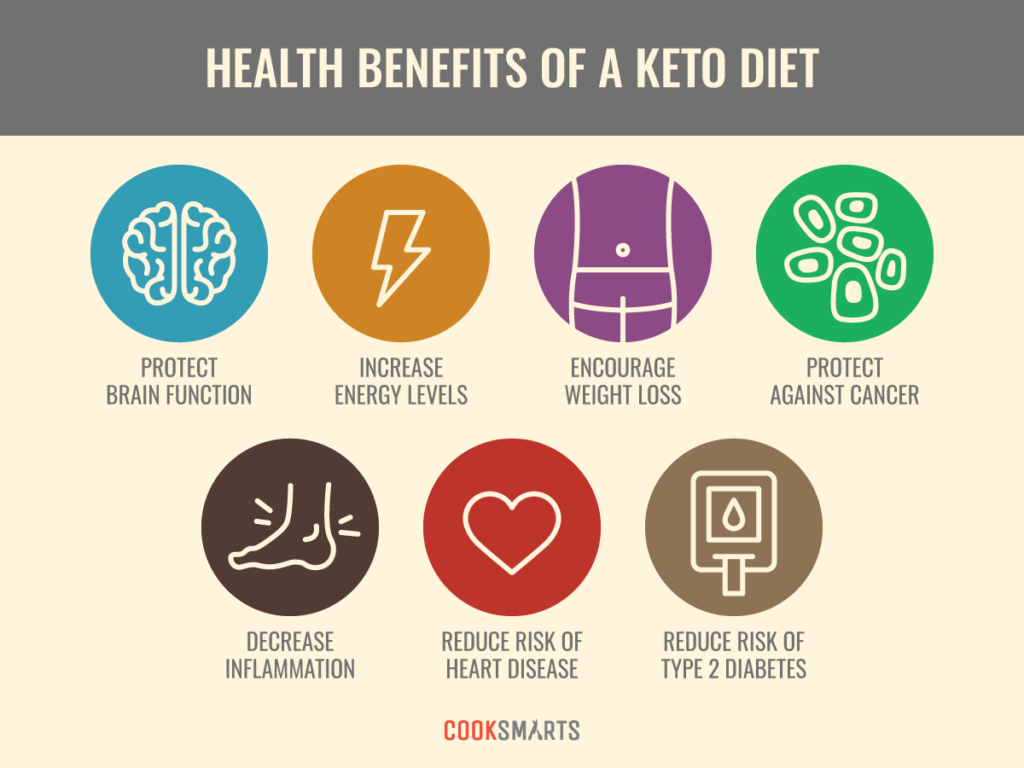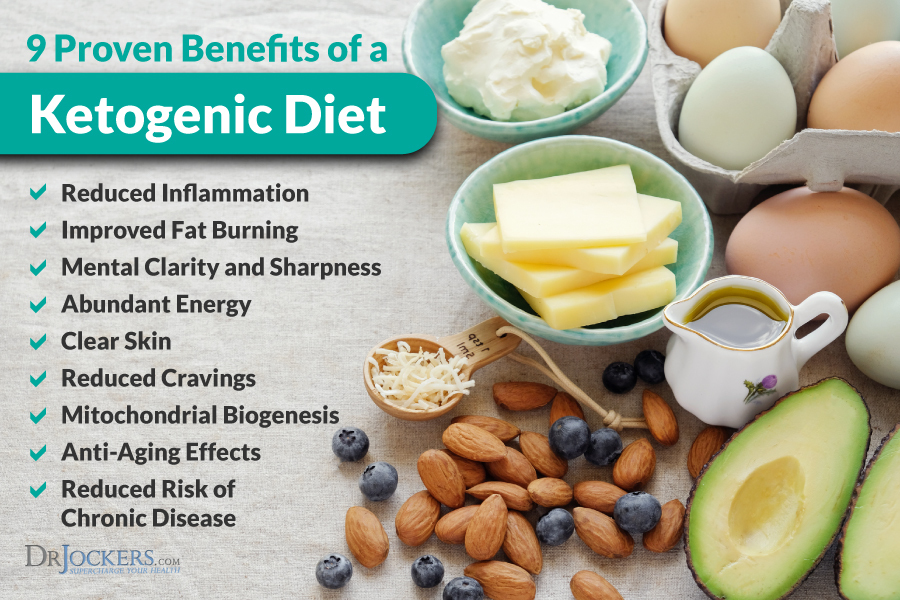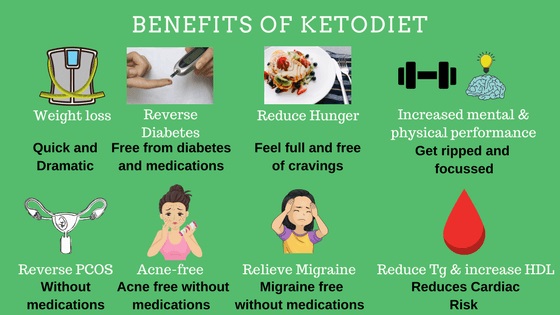
FAQ About Keto Diet

Frequently asked questions about Keto...
Is Keto Diet expensive?
A common misconception is that a ketogenic diet is expensive. People see low-carb and automatically start calculating the high prices of meat. Luckily, this is not the case. A Keto diet focuses on high fat and moderate protein which allows us to save money by focusing on the fat first.
Can You Drink Alcohol on the Keto Diet?
Yes. “Even though there are [often] carbs in alcohol, you can still drink it in limited amounts,” says Keatley. Realize that on days when you do choose to consume alcohol, depending on what you choose, you may have to adjust your carbs from other sources. This may mean making tough decisions, like having a drink but skipping a small amount of fruit or Greek yogurt. In general, the simpler the better: Spirits are the best choice (avoid mixers that have calories), followed by wine. Your best bet is to stick with a half drink, says Keatley. Because of their lower alcohol percentage and other ingredients, beer and wine “can eat up a lot of your carbs, and they don’t give back in terms of vitamins and minerals. It’s a waste of your carbs,” he says.
How long can someone be on a Keto diet?
As long as you want to, and enjoy it. Although we don’t have long term studies of people in ketosis lasting decades, we also don’t have any evidence to suggest it is harmful. Experienced clinicians have been caring for patients in ketosis for decades, and evolutionary theories suggest certain populations have lived even longer in ketosis. While none of this scientifically proves it is safe, we like to think about it from the other perspective. Where is the evidence that it is harmful? We haven’t seen any as of yet
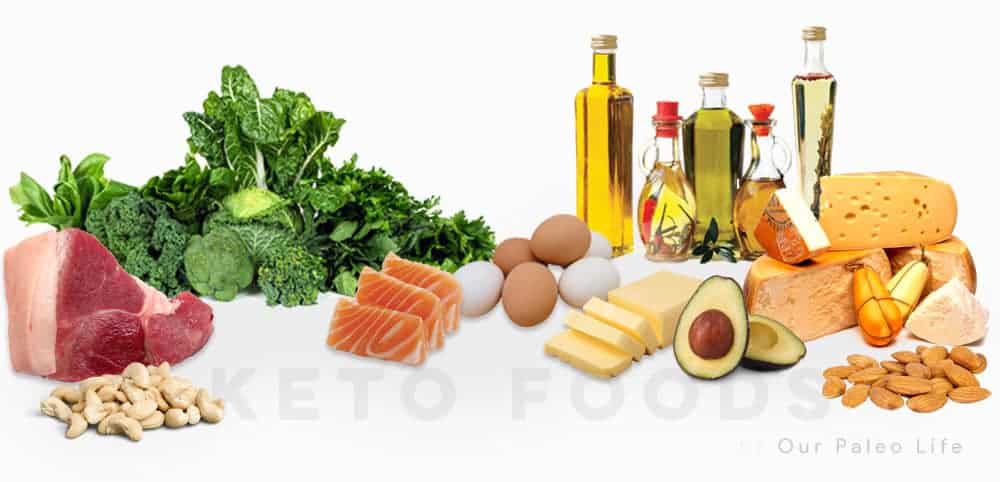
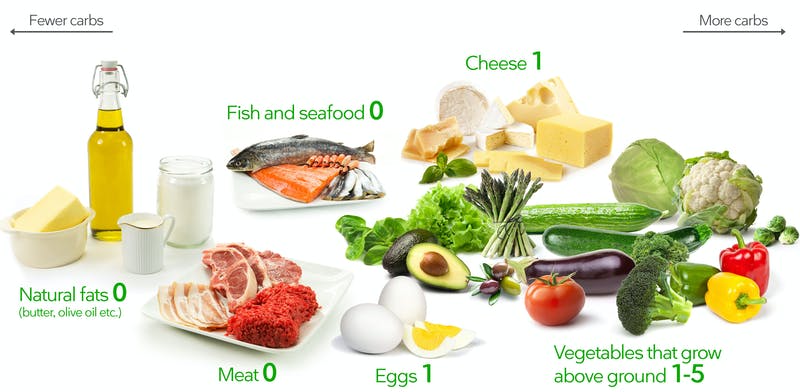
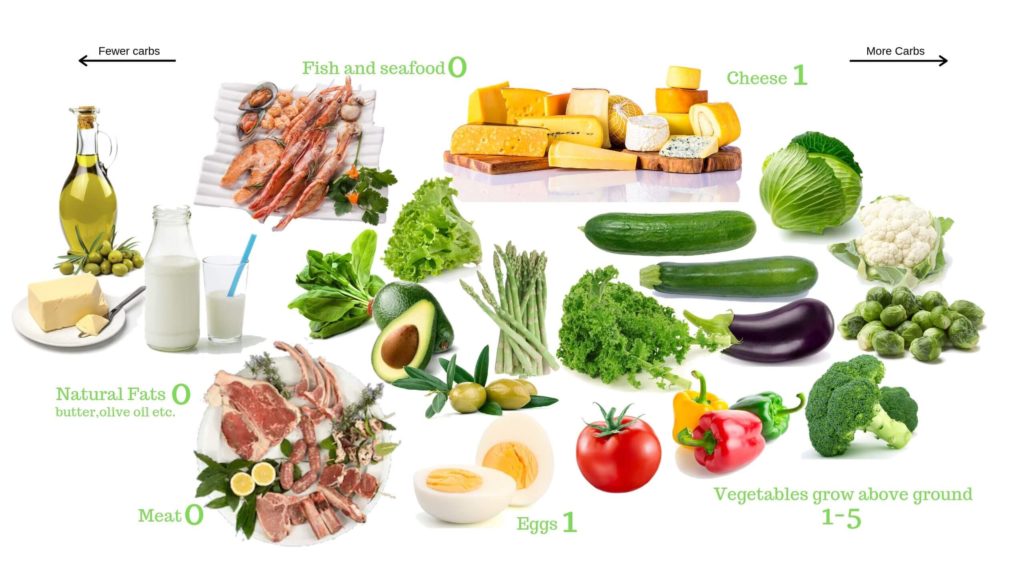
Do I have to limit protein on Keto?
The short answer is no. The whole idea that “too much” protein kicks you out of ketosis comes from misunderstanding gluconeogenesis (GNG). GNG is the process whereby your liver makes glucose when your body needs it. (Yes, your body always needs some glucose, even on a keto diet.) GNG is both natural and desirable. Among other things, it ensures the brain always has enough fuel.
The faulty thinking goes like this:
(A) Too much glucose can kick you out of ketosis.
(B) The liver can use certain amino acids from protein to make glucose via GNG.
(C) Therefore too much protein will kick you out of ketosis.
In this case, though, A plus B does not equal C. The liver doesn’t make more glucose than it needs to—it’s a demand-driven process. It’s not going to start dumping huge amounts of glucose into the bloodstream just because you splurged for the tomahawk steak. There are some specific instances in which people doing a therapeutic (medical) ketogenic diet do need to watch their intake. For the average, metabolically healthy person doing Keto for general health or weight loss, it’s not a concern.
I’m not losing weight. What am I doing wrong?
Weight loss isn’t a guaranteed side effect of going Keto, despite how Keto is sometimes portrayed. Losing weight can be easier with Keto because hunger is usually managed and cravings reduced, but it’s not automatic. You can gain, lose, or maintain weight on Keto.
There are lots of reasons why you might not be losing. The most obvious place to start is that you’re eating too much. Yes, calories still matter on Keto. Hormones matter too—a lot—but at the end of the day, if you’re eating more energy (calories) than you’re expending, you won’t lose weight.
If you feel pretty confident that your food intake is appropriate for your body and activity level, other variables to consider are:
Sleep and stress: Besides food, these are the two biggest determinants of fat storage or burning.
Movement: Exercise isn’t as important as food intake for weight loss, but it still matters. Too little is bad, but too much can also undermine your efforts by increasing your stress levels.
Medical conditions, hormonal issues. People with hypothyroid issues often find weight loss to be challenging, for example Certain, medications, Menopause.
Can I do Keto if I’m an athlete?
You can. As I mentioned above, Keto is better suited to sports where intensity is kept relatively low—think ultra-running, for example. The more glycolytic the activity, the more athletes might need to tweak Keto to make it work for them.
Of course all athletes benefit from being metabolically flexible. Not to mention, keto athletes frequently report improved body composition and shortened recovery times, likely due to the anti-inflammatory nature of the diet.
My key recommendations for athletes are:
Don’t go Keto during periods of heavy training or right before an important competition. Save the Keto Reset for your off season.
Don’t fear carbs. When used strategically and appropriately, there’s no doubt that athletes benefit from some carbs (that doesn’t mean sugary gels). Also, athletes can probably get away with eating more than 50 grams of carbs per day and stay in ketosis. If you want to experiment, invest in a blood ketone meter to find your personal threshold.
